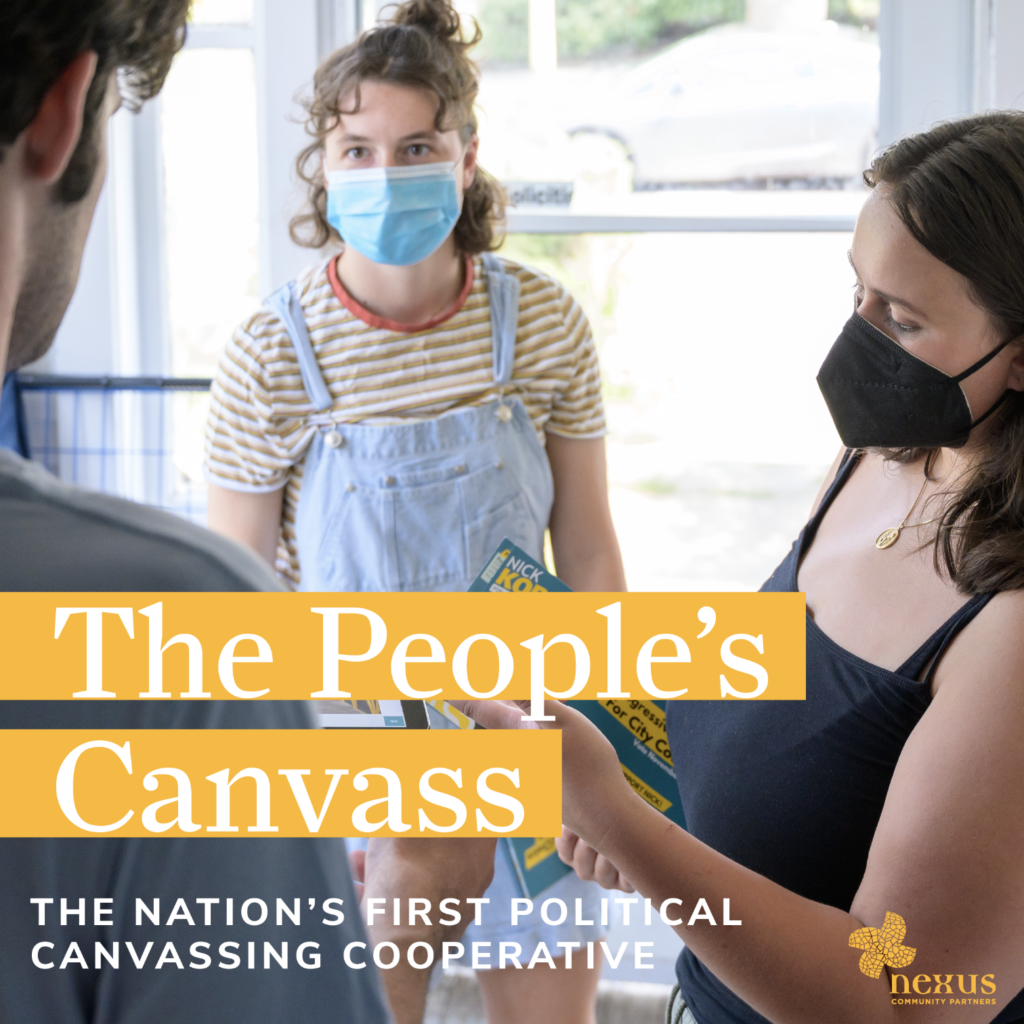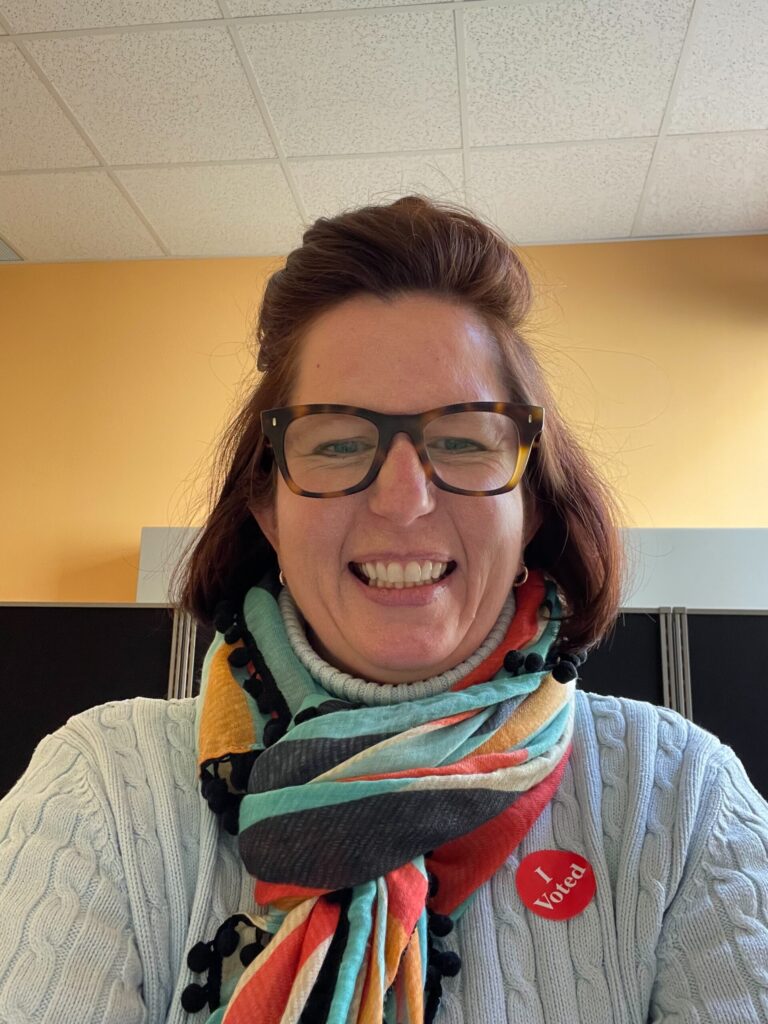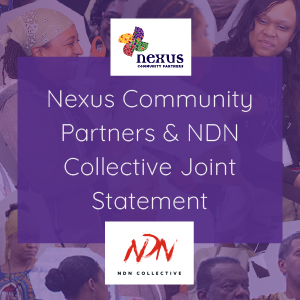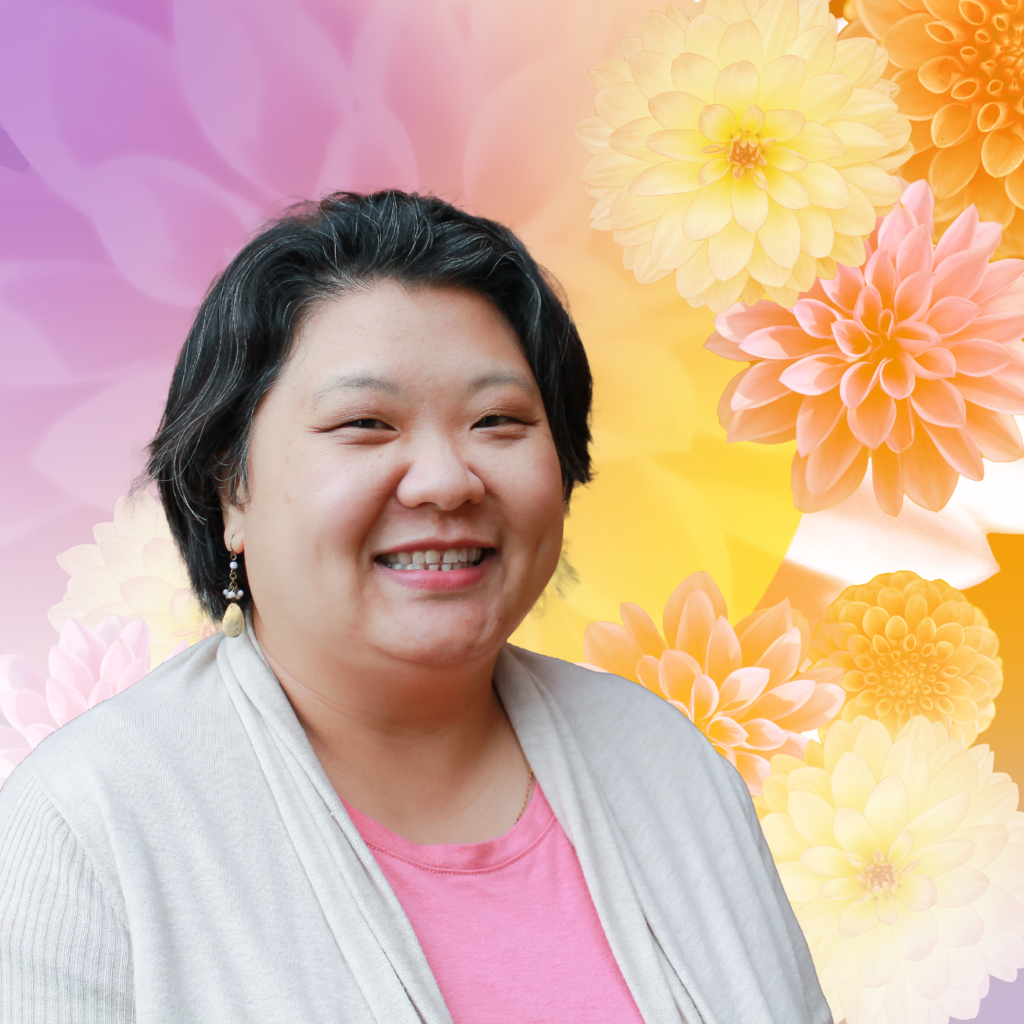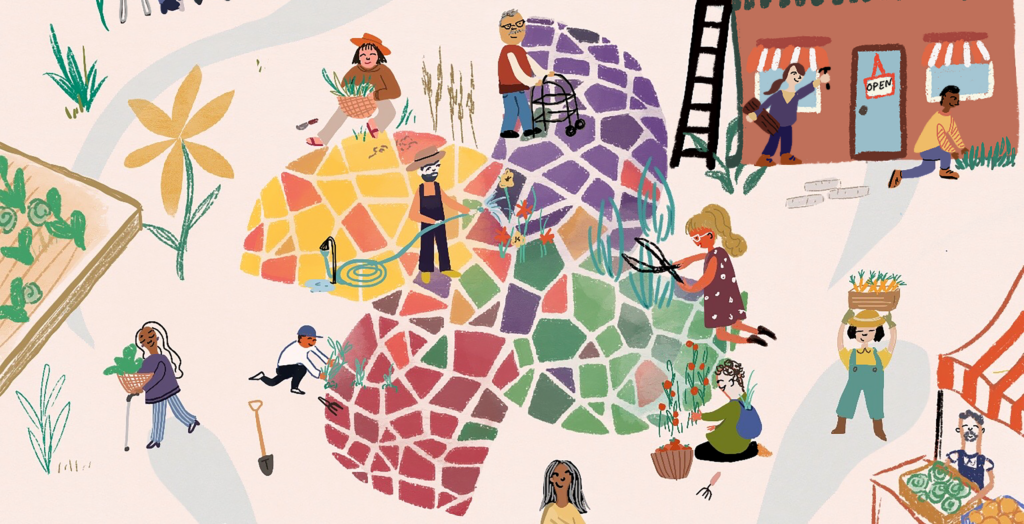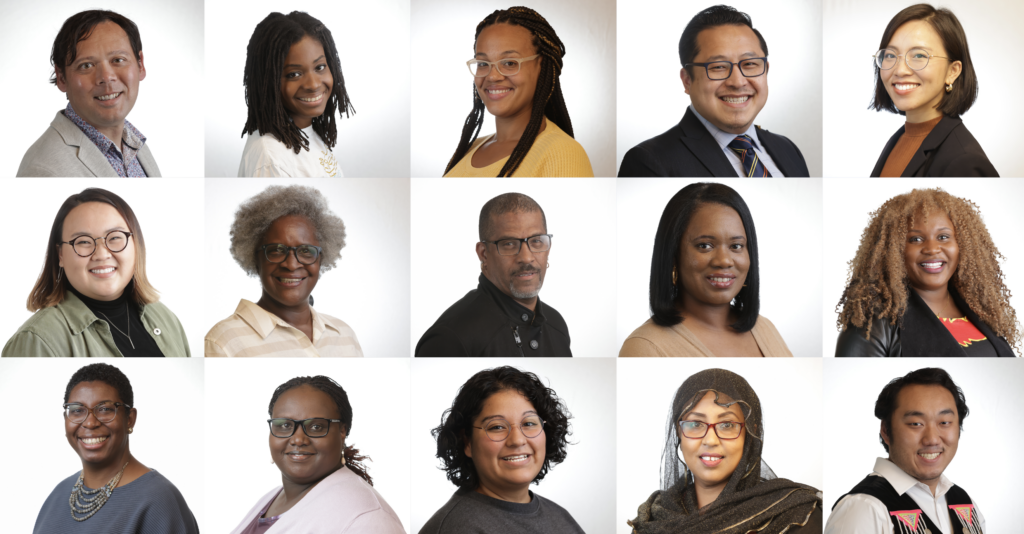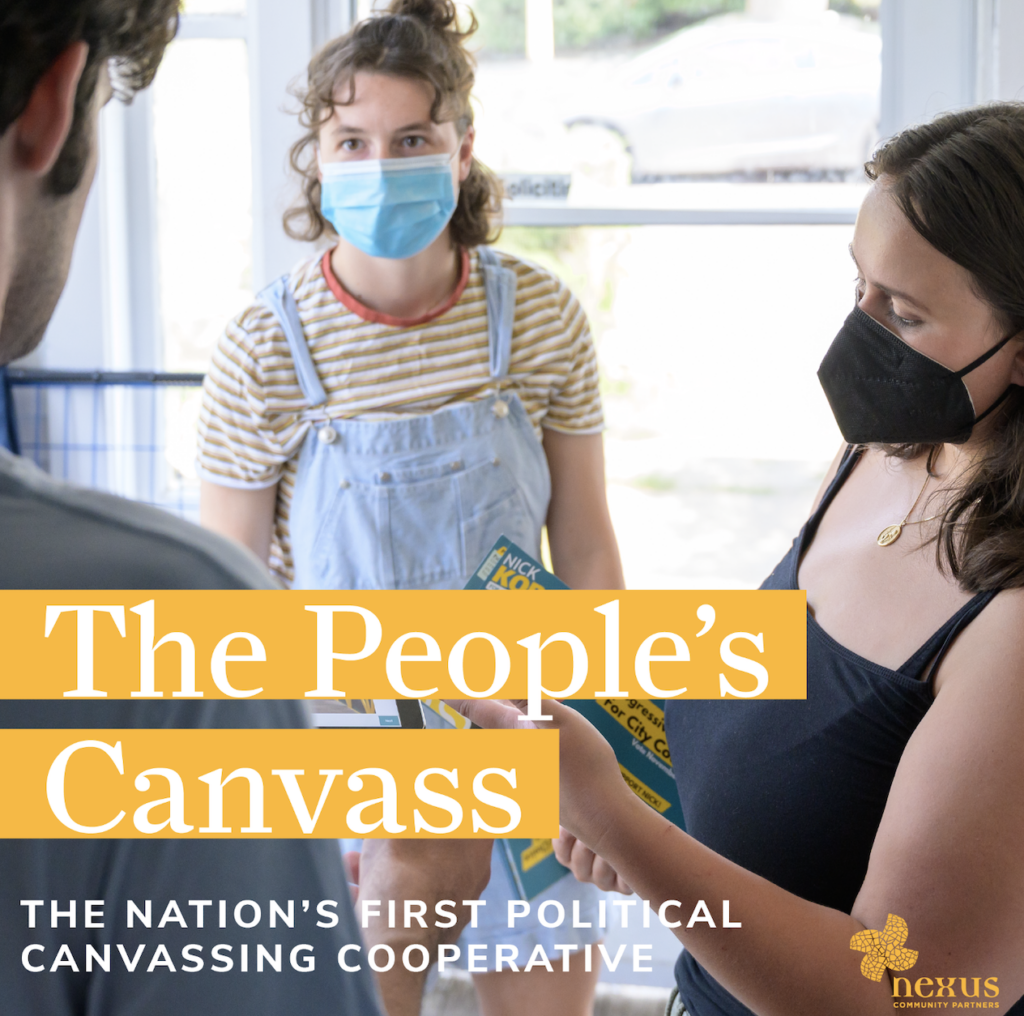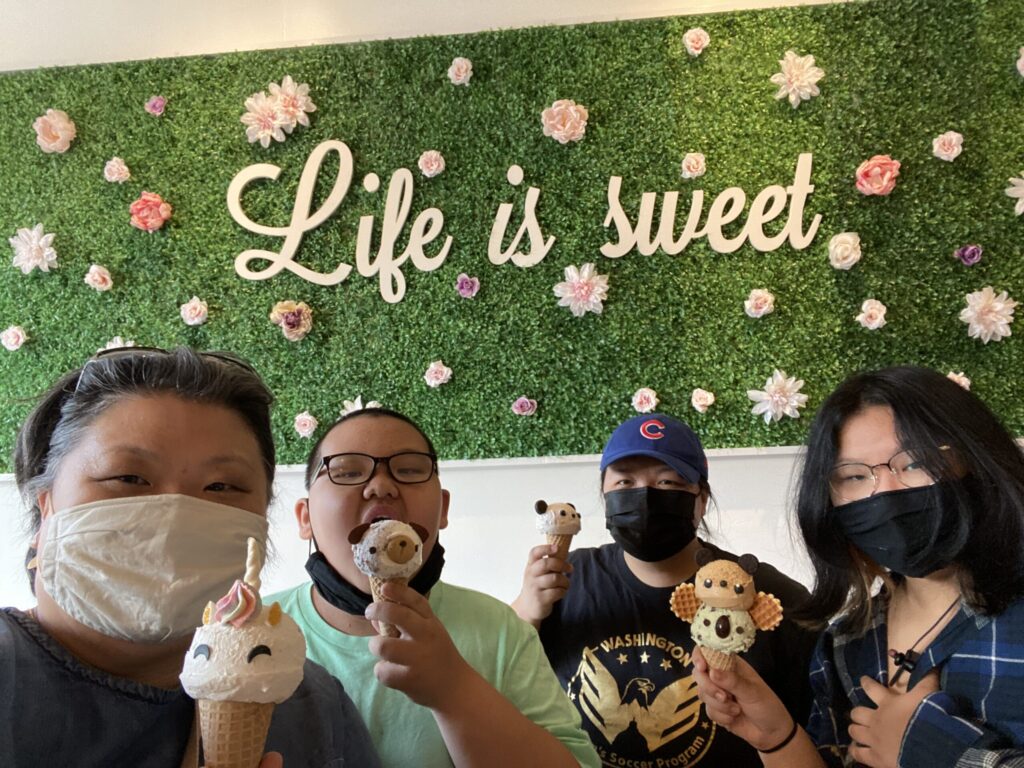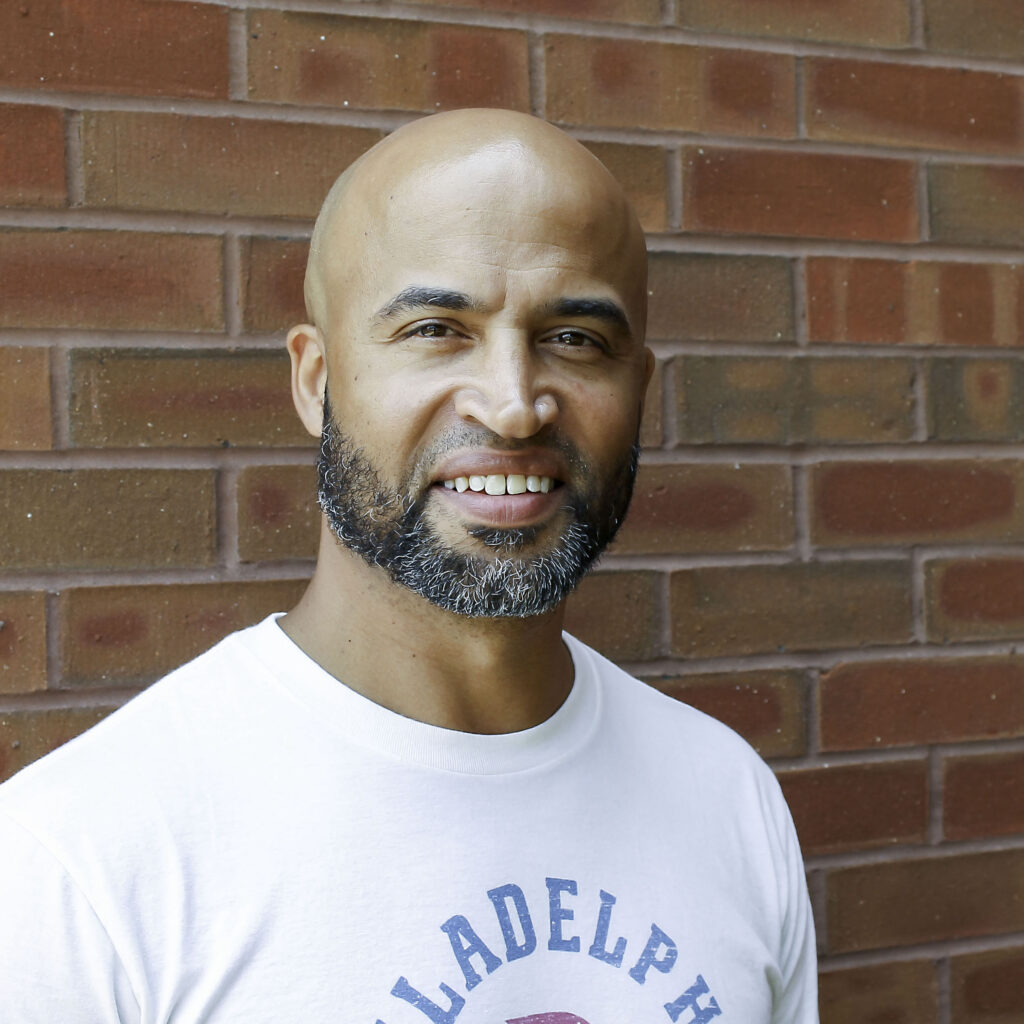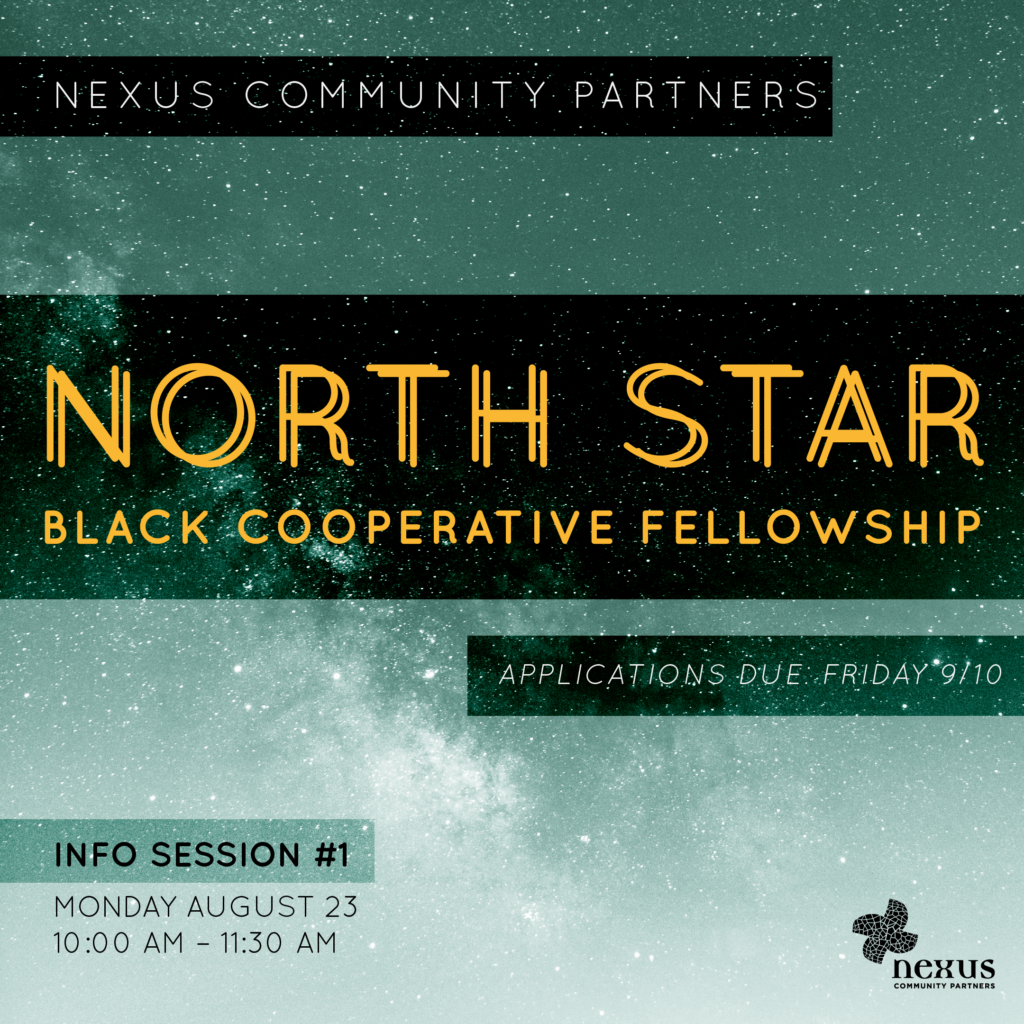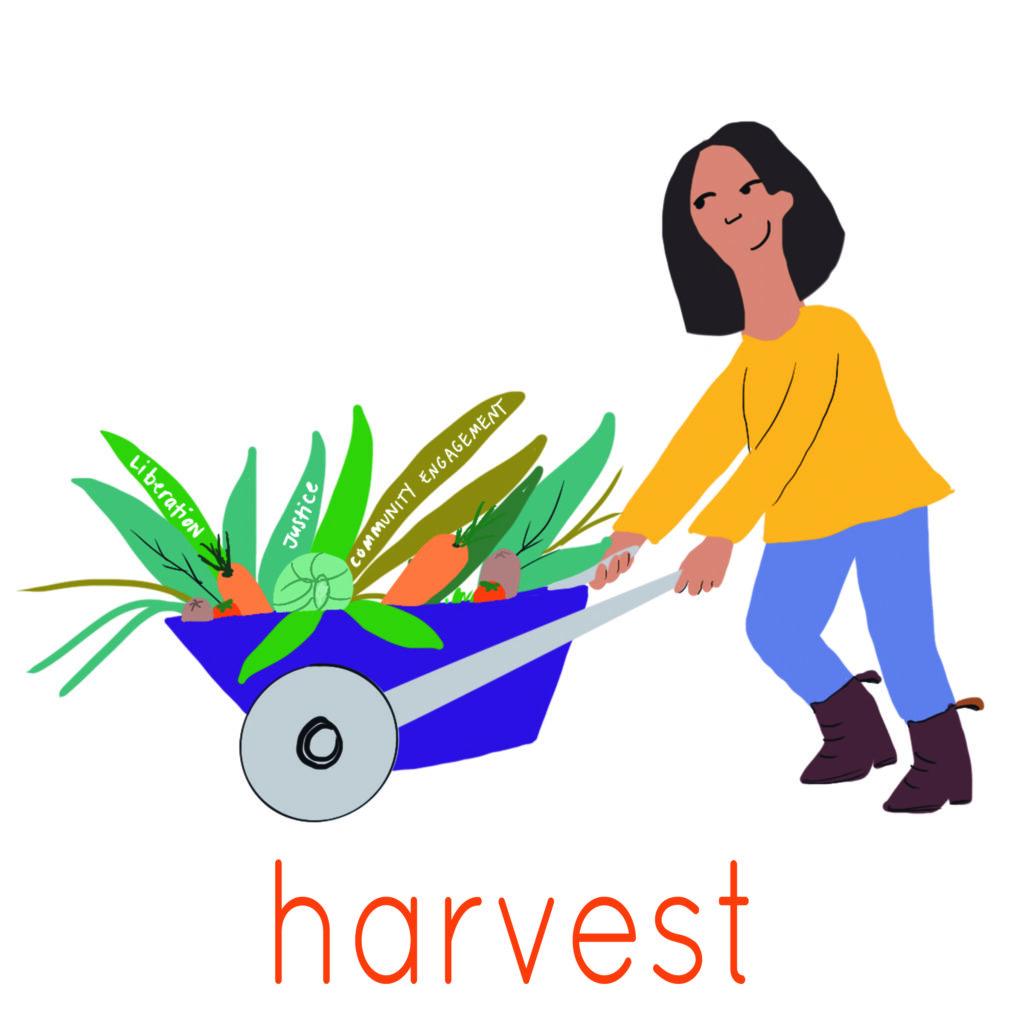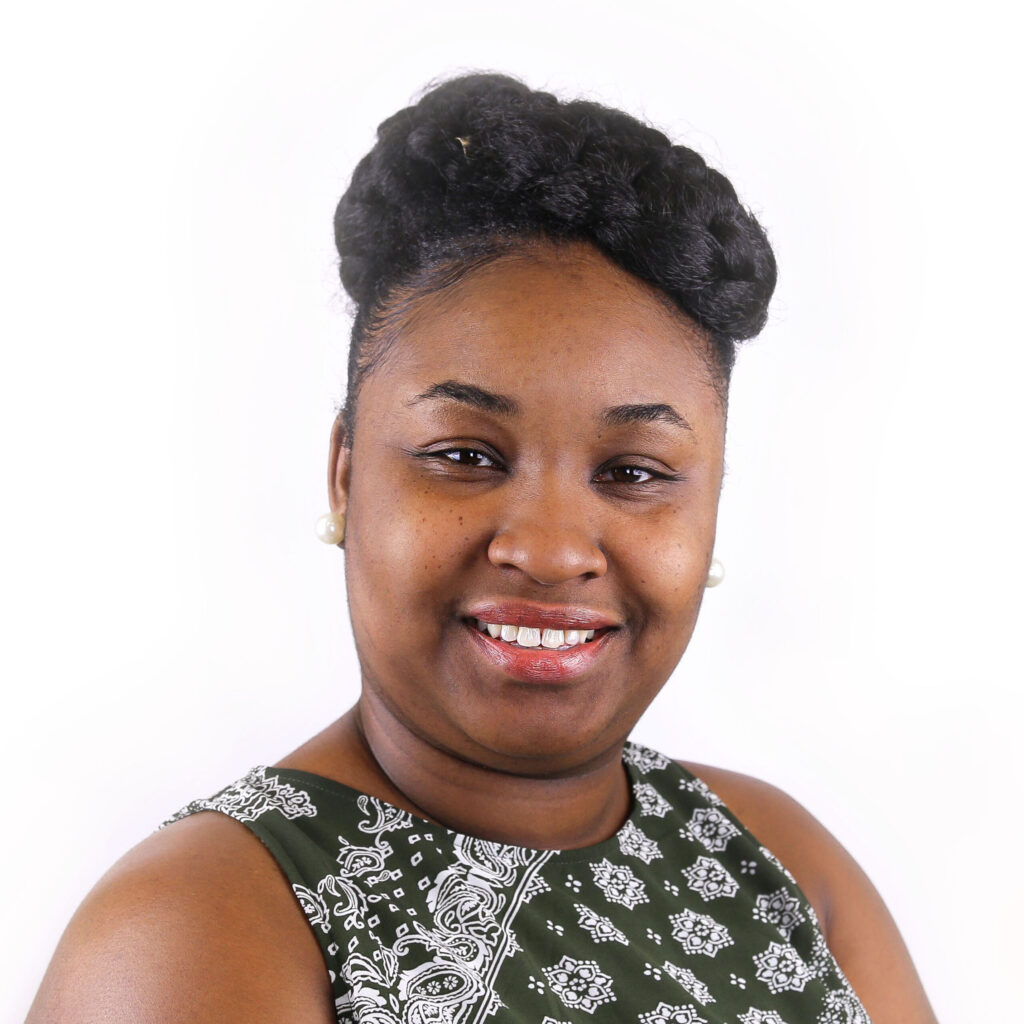[embedyt] https://www.youtube.com/watch?v=0NeXGwnsmyE[/embedyt] Nexus Worker Ownership Initiative is excited to announce that The People’s Canvass has transitioned into a worker-owned cooperative. Through this conversion, they combine highly-skilled, community-based organizing power with a democratic, sustainable workplace. Congratulations! Transitioning a business to employee-ownership is a triple win—business owners secure the future legacy of their business; employees get a
Introducing the People’s Canvass Cooperative
